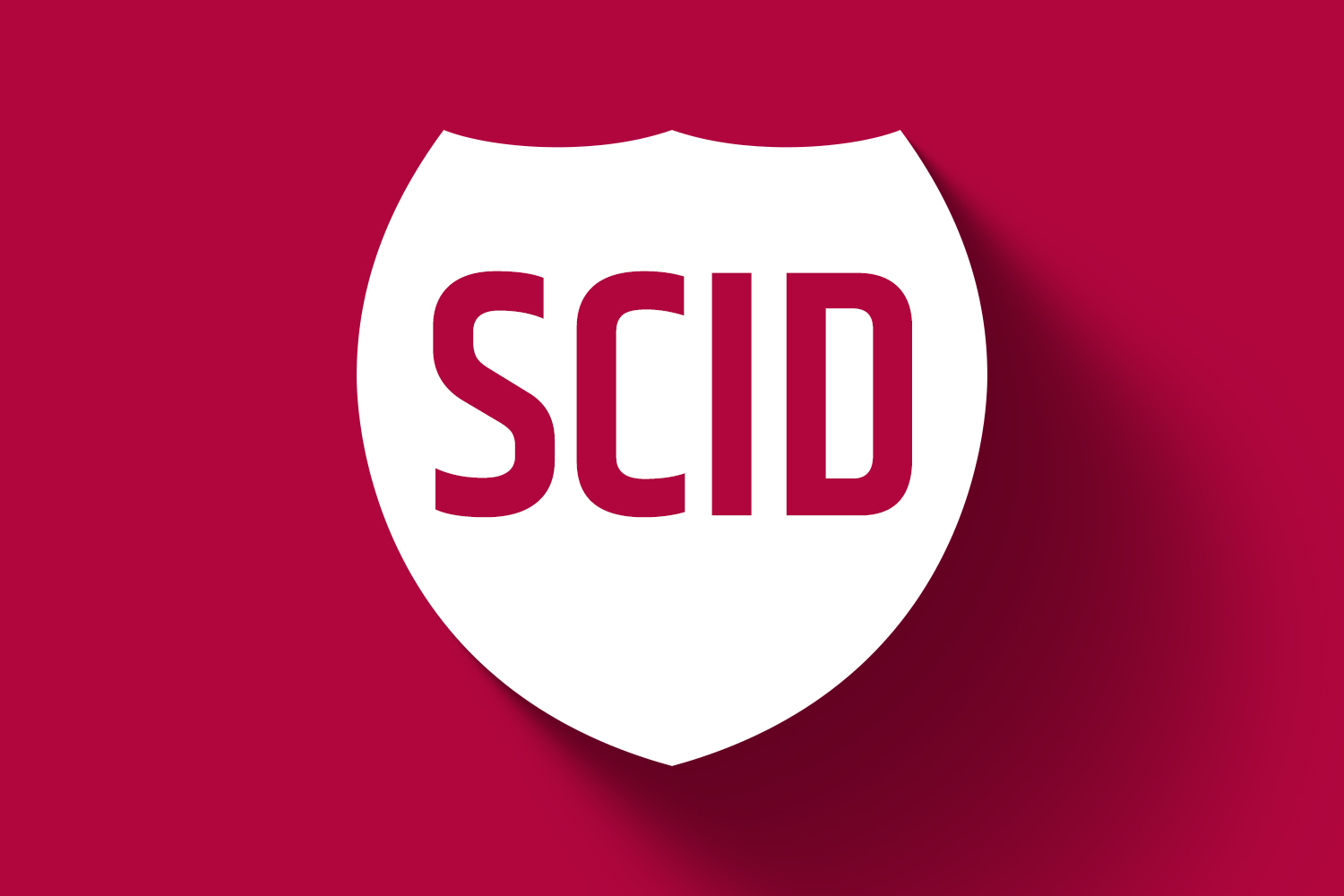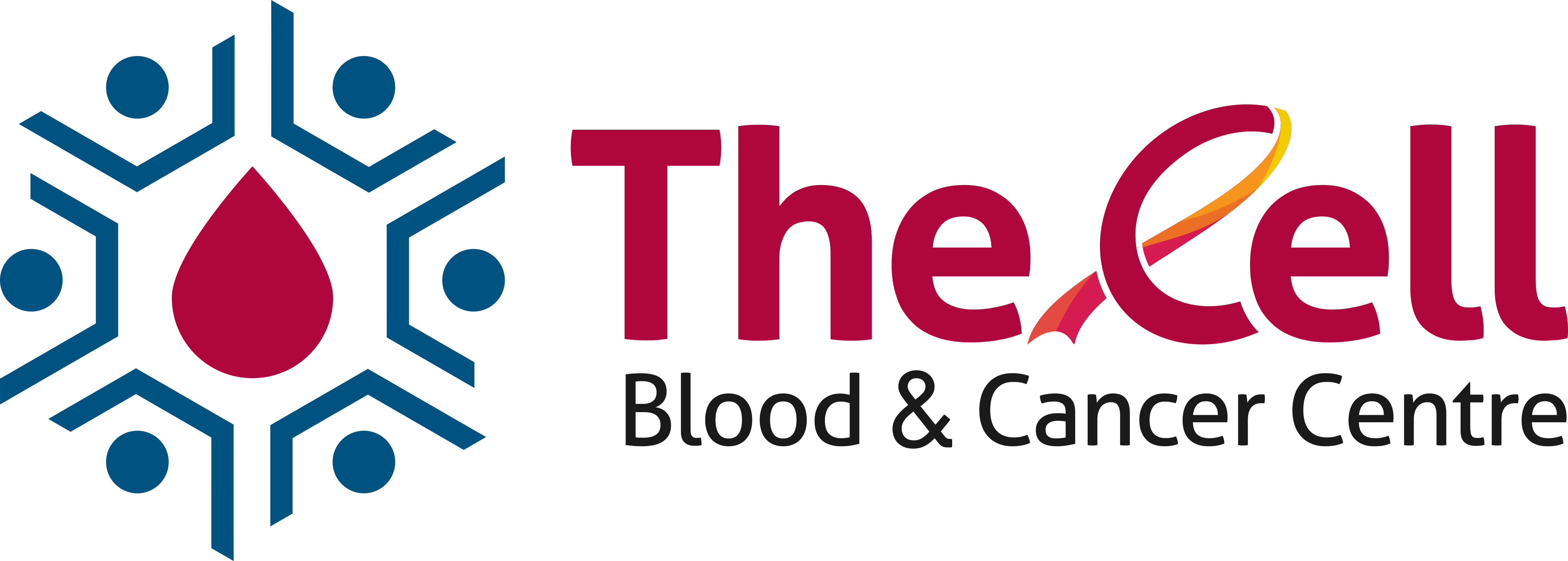Severe Combined Immunodeficiency (SCID) Treatment in Surat at The Cell

Severe Combined Immunodeficiency (SCID) is a rare but life-threatening genetic disorder that severely impairs the immune system, leaving individuals highly susceptible to infections. Often referred to as “bubble boy disease,” SCID is caused by mutations that disrupt the development or function of immune cells, specifically T-cells, B-cells, and sometimes natural killer (NK) cells. Without a functioning immune system, even common infections can become fatal. At The Cell, our team of best haematologists in Surat specialize in diagnosing and treating SCID, offering advanced therapies and personalized care to give patients the best possible outcomes.
What is SCID?
SCID is a primary immunodeficiency disorder resulting from genetic mutations that prevent the immune system from developing properly. It affects both the adaptive immune system (T-cells and B-cells) and, in some cases, the innate immune system (NK cells).
SCID typically presents in infancy, and early diagnosis is critical to preventing severe infections and complications. While the specific gene mutation varies, common causes of SCID include mutations in the IL2RG gene (X-linked SCID) and the ADA gene (adenosine deaminase deficiency).
Symptoms of SCID
The symptoms of SCID often appear within the first few months of life and include:
- Severe or recurrent infections, such as pneumonia, diarrhoea, or thrush.
- Poor growth or failure to thrive.
- Persistent fever.
- Skin rashes or eczema.
- Unusual reactions to live vaccines.
Without treatment, SCID can lead to life-threatening infections, organ damage, and failure to thrive. Early diagnosis through newborn screening from the best haematology hospital in Surat is essential to initiating timely treatment.
How The Cell Can Help
At The Cell, we provide comprehensive care for SCID from the best haematologists in Surat, offering advanced diagnostics and cutting-edge treatments tailored to each patient’s needs.
- Accurate Diagnosis:
- Newborn screening and follow-up testing, including genetic testing, to identify the specific mutation causing SCID.
- Immune function tests to evaluate T-cell, B-cell, and NK-cell activity.
- Advanced Treatments:
- Stem Cell Transplantation: The gold standard treatment for SCID, replacing defective immune cells with healthy donor cells to restore immune function.
- Gene Therapy: For certain types of SCID, this experimental treatment repairs the defective gene and restores immune function.
- Enzyme Replacement Therapy: For ADA deficiency, enzyme therapy can temporarily improve immune function.
- Supportive Care:
- Preventing infections through isolation, prophylactic antibiotics, and immunoglobulin therapy.
- Nutritional and developmental support to promote growth and well-being.
Take the First Step Toward Care
SCID is a serious condition, but early intervention can save lives. At The Cell, we are dedicated to helping families navigate this challenging diagnosis with expert care and innovative treatments.
Contact us today to schedule a consultation and learn more about how we can help manage SCID and improve your child’s health and future.

 by
by